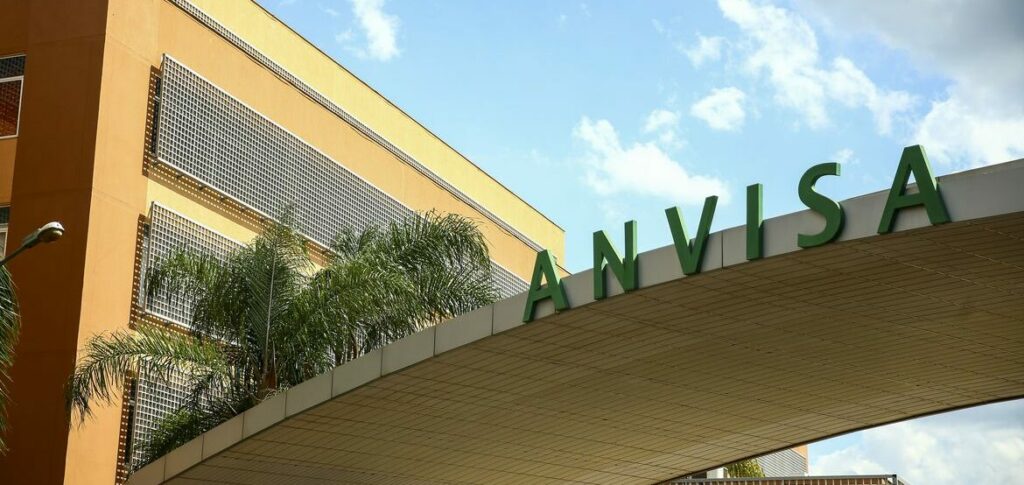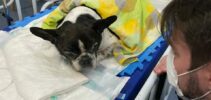The resolution prohibits the distribution, commercialization and use of products that contain batch numbers with the codes 5053C22 and 4055C21 (whether or not added by additional initial letters) and products manufactured from them.

ADVERTISING
“During the investigation, carried out in conjunction with state and municipal bodies of the National Health Surveillance System and the Ministry of Agriculture, Livestock and Supply, a distribution and sale network of batches of propylene glycol with signs of contamination is being identified. The investigation is still ongoing,” the agency said.
According to Anvisa, it was found that companies in the chemical products sector buy products, remove the original label and place new labeling information with the company's data. This fact has made product traceability difficult. “Product labeling is considered a manufacturing step and, therefore, companies that carry out this activity must be duly licensed to do so”, says Anvisa.
In most cases, according to the agency, the numerical information of the batches involved (5035C22 and 4055C21) has been kept on the label, with the possibility of adding letters related to one of the companies at the beginning (example: AD5035C22 and AD4055C21). In some cases, the company also includes an internal batch created by it. The collection of the lots in question was also determined.
ADVERTISING
Understand
The contaminant monoethylene glycol is a highly toxic organic solvent that, according to Anvisa, can lead to death if ingested. The substance causes moderate skin irritation and eye irritation; may harm fertility or the fetus; causes kidney and liver failure; and promotes damage to organs (central nervous system and respiratory, cardiovascular, digestive and urinary systems).
Propylene glycol is a food additive authorized by the agency for use in 21 categories of food for human consumption, with four functions of use: humectant, whitening agent, stabilizer and glazing agent. For all categories, there is a limit on the use of propylene glycol, according to specific legislation.
Contamination by the substance monoethylene glycol, also called ethylene glycol, was detected in two specific batches of propylene glycol from the company Tecno Clean Industrial Ltda. Batches AD 4055 C21 and AD 5035 C22, used as an ingredient to manufacture animal feed products, caused poisoning (vomiting, diarrhea and serious kidney damage) and the death of several animals.
ADVERTISING
Things to Do
According to Anvisa, companies and individuals who have purchased propylene glycol with batch codes 5035C22 and 4055C21 must not sell or use the substance in any activity or product subject to health surveillance, especially food. The advice, in these cases, is to contact the company that sold the product and request a return.
“If companies not yet listed by Anvisa are identified, also forward a complaint via Internal Affairs so that the case can be investigated”, warns the agency.
(With Brazil Agency)




